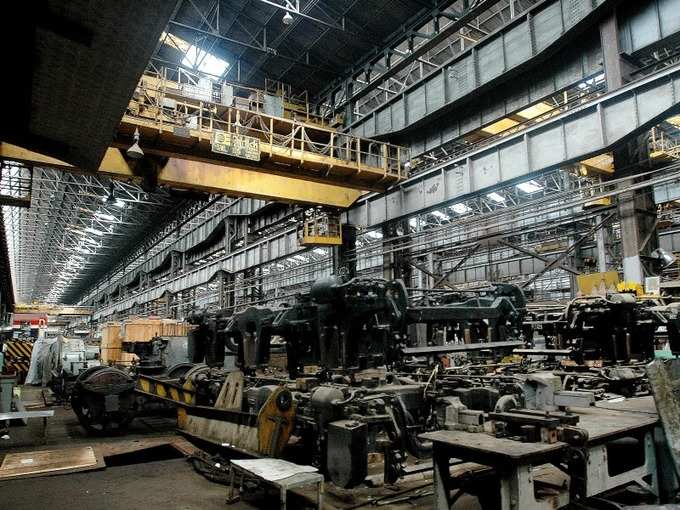 In last one year, India was overwhelmed by a tsunami of well-intentioned jargons! The ‘Make in India’, ‘Digital India’, ‘Skill India’, ‘Start up India Stand up India’ and ‘achhe din’ platforms raised expectations on the government to ‘walk the talk’ in the
In last one year, India was overwhelmed by a tsunami of well-intentioned jargons! The ‘Make in India’, ‘Digital India’, ‘Skill India’, ‘Start up India Stand up India’ and ‘achhe din’ platforms raised expectations on the government to ‘walk the talk’ in the However, the ground realities are that government does not have leeway to announce high profile sops! The expected rise in expenses of Rs 1.1 trillion for pay commission will leave the government hard-pressed to stand by its promise of limiting fiscal deficit to 3.5 % of GDP by 2016. To provide fuel to the ‘Make in India’ juggernaut, a hardnosed pragmatic approach would be in order. The five things that I hope Government will do to benefit manufacturing are:
1. Reduce Subsidies and Reduce Taxes. Government taxes high to subsidize high. Both acts distort the market and are inhibitors of growth. The subsidies on fuel, food and fertilisers by themselves are likely to be a whopping Rs 2.27 lakh crore. A 10 % decrease in these subsidies can create surplus to offset angel investment tax and reduce capital gains tax. This would enable a positive startup culture in the country and motivate startups to remain registered in the country.
2. Risk Sharing by Government. I hope the government will bolster the funding of ‘Mudra Bank’ and ‘Atal Innovation Mission’ to share financial risks of innovation currently borne totally by our entrepreneurs. I expect an enhancement of 100-200% in the corpus of these initiatives. Outside the budget, if the government can pass the languishing bankruptcy act, these would bring in tandem affects on such entrepreneurs to take more risks and invest in R&D.
3. Incentives to Incubators. The government's aim to set up 35 new incubators in existing institutions and further 35 new private sector incubators with government funding support can be a game changer in industry academia relationships. I firmly believe that academia has a strong role to play to bring in rigour and efficiency in our startups and that can only materialize if they are incentivized.
4. Promoting Skilling. With the government having set the target of skilling 500 million people by 2022, Budget 2016 is crucial for education and training sector. I hope government will tweak CSR norms to provide up to 200% tax benefits to companies funding skill development. Under Defence Procurement Procedures 2016, it is hoped that offsets discharge will cover the service of skill development to give fillip to the sector.
5. Changes in Service Tax Regime. While clouds persist on passage of GST, government should remove the restrictions/ limitations imposed on obtaining CENVAT credit. This will make manufacturing more competitive by reducing the burden of taxation on locally made goods.
It is hoped that a friendlier policy towards startups will boost ‘Make in India’ and if the government is able to have GST passed in current budget session, I have a strong feeling that there would be no looking back.
(The article is authored by Col. Rajiv Bhargava. He is an alumnus of ISB and currently serving as Associate Director with the Munjal Institute for Global Manufacturing at ISB)
(Image: Indiatimes)